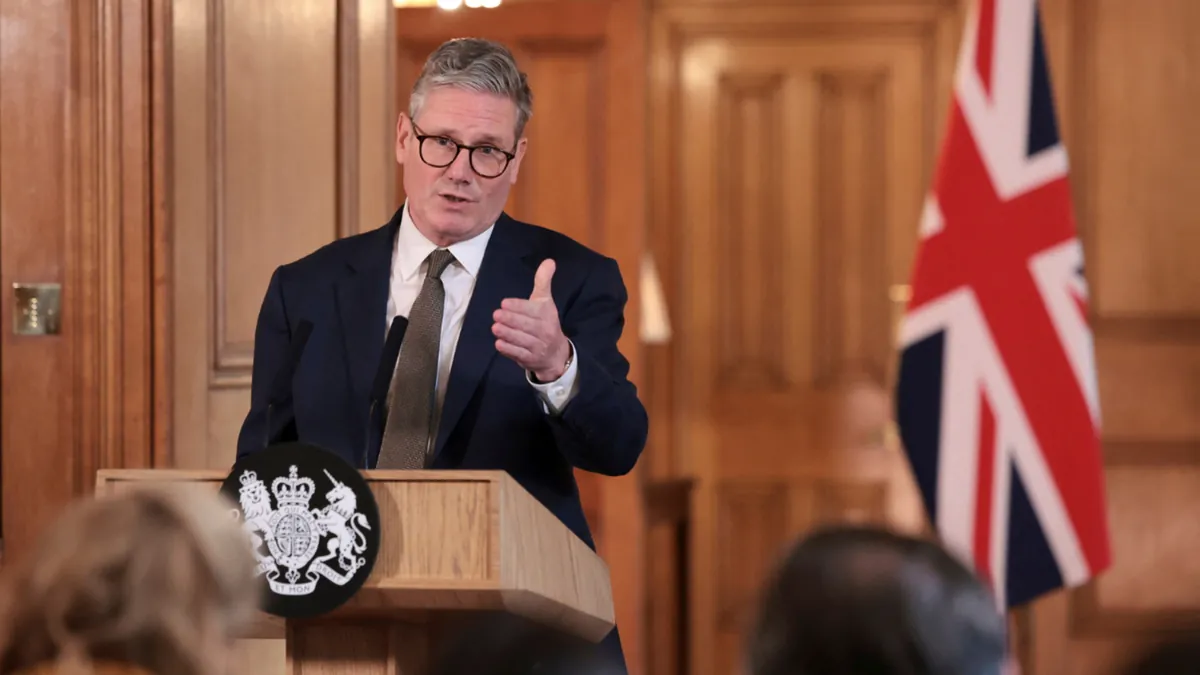The economic landscape in the United Kingdom has shifted dramatically since Keir Starmer assumed office three months ago. Unlike the optimistic atmosphere that surrounded Tony Blair's 1997 landslide victory, the current mood is decidedly somber.
In 1997, the UK economy was thriving, growing at an impressive 4.9% rate. Blair's government benefited from a national debt at just 36% of GDP, providing ample room for increased spending. Fast forward to 2024, and the situation is starkly different. The UK's national debt has surpassed 100% of GDP, severely limiting the government's fiscal maneuverability.
Business and consumer confidence are in decline. The Institute of Directors reported a sharp drop in their business optimism index for August, citing concerns over potential tax hikes and increased regulation. Similarly, GfK's consumer confidence measure plunged seven points to -20 in September, reflecting growing anxiety about personal finances and the broader economy.
Government borrowing reached £13.7 billion last month, the third-highest August figure on record. This financial strain is forcing Labour to focus on revenue-raising measures in the upcoming October 30 budget, rather than introducing popular spending initiatives.
Starmer's government faces significant challenges in stimulating growth. While Labour has emphasized planning reform to boost housing and infrastructure projects, critics argue that proposals to override local community wishes could lead to legal challenges. The party's "green energy revolution" has also raised concerns, particularly regarding its impact on the oil and gas industry, which employs 250,000 people.
"When I took office, the mood in the country was pretty optimistic... but the zeitgeist today is different, more anxious."
The automotive sector, employing around one million people, could face disruption from Labour's plan to reinstate the ban on new petrol and diesel car sales by 2030. This move might inadvertently benefit Chinese manufacturers who are ahead in electric vehicle production.
Economic experts, such as Jon Moynihan in his book "Return to Growth," argue that lower taxes and business-friendly regulations are key to fostering growth. However, Labour appears poised to increase the already high tax burden.
With only 33% of votes cast in the July election and a low 60% turnout, Starmer's party faces pressure to improve economic conditions quickly. The contrast with Blair's era, which saw average growth of 3.4% during his first term, is stark. Unless growth and living standards improve soon, public sentiment could further deteriorate, potentially jeopardizing Labour's political future.
